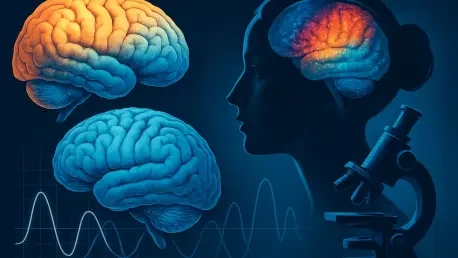
What drives the extreme emotional rollercoaster of bipolar disorder, where manic highs can spiral into crushing depressive lows in a matter of days, leaving millions worldwide searching for answers? This question haunts not only those affected but also the scientists striving to unravel the brain's

A startling revelation from a recent study conducted in Norway has brought new attention to the hidden dangers lurking within the body, specifically the role of visceral fat in driving the severity of endometrial cancer, a finding that underscores the urgent need for refined risk assessment. This
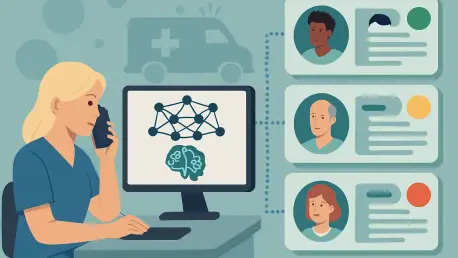
I'm thrilled to sit down with Ivan Kairatov, a renowned biopharma expert with extensive experience in technology and innovation within the industry. With a strong background in research and development, Ivan has been at the forefront of integrating cutting-edge solutions like machine learning into
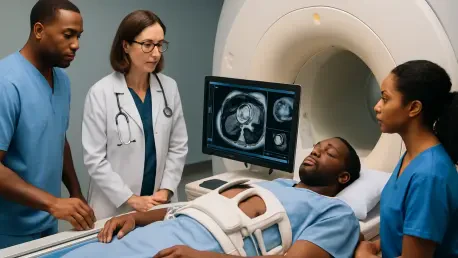
In a world where heart disease remains a leading cause of death, access to advanced diagnostic tools can be the critical difference between life and loss for countless individuals in communities far from major medical hubs. Imagine a small-town resident discovering a critical heart condition
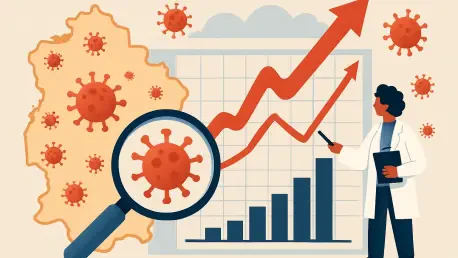
Epidemic forecasting has long been a cornerstone of public health, yet the ability to predict critical moments like outbreak peaks or hospital demand surges has remained elusive for many traditional models. A groundbreaking approach known as epimodulation, developed by researchers at the University
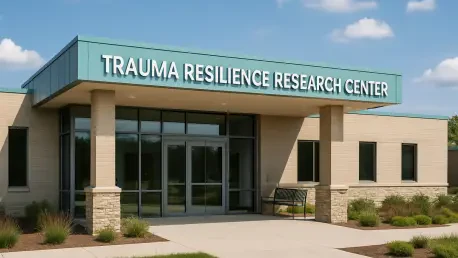
I'm thrilled to sit down with Ivan Kairatov, a renowned expert in biopharma with a deep understanding of technology and innovation in the industry. With years of experience in research and development, Ivan brings a unique perspective to the intersection of science and mental health. Today, we’re